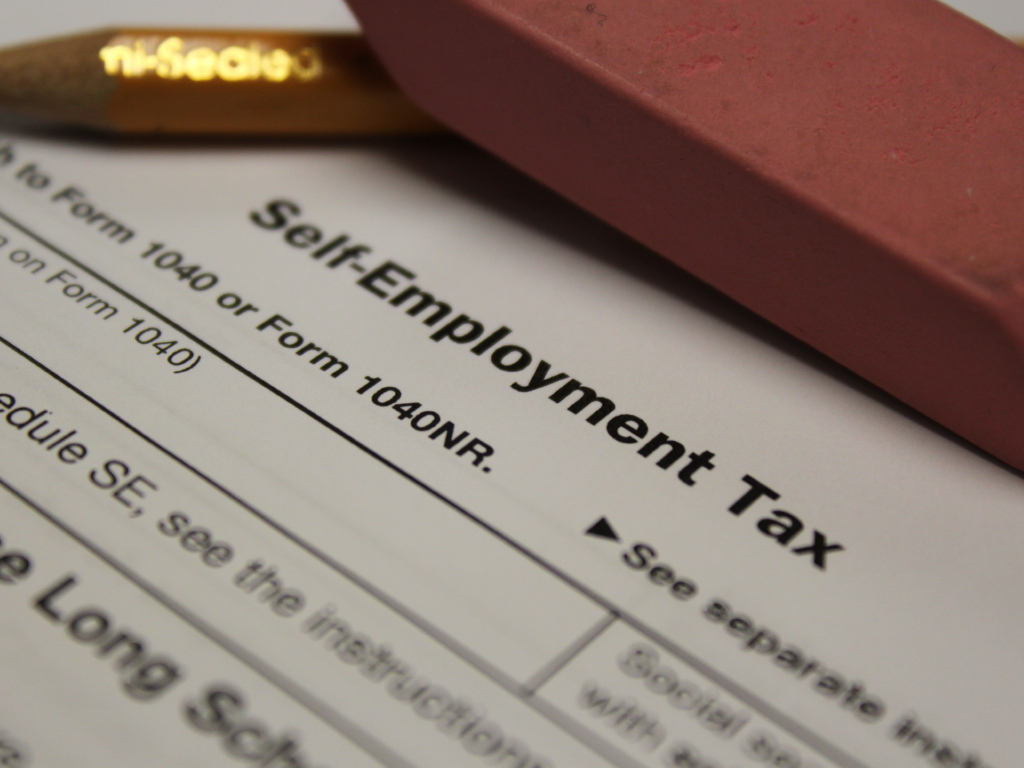Photo by CC user 9731367@N02 on Flickr
Being self-employed comes with a host of advantages. You get to be in charge, call the shots, and determine the level of your success. However, to whom much is given, much is required. As an entrepreneur or small business owner, you will be responsible for a lot of different tasks – including paying your taxes. Unlike filing taxes through an employer, as an owner of a business, you’re responsible for a lot more when it comes to paying taxes for the self employed.
Know Your Responsibilities
It is imperative to have a clear understanding of what your responsibilities are as it pertains to filing taxes as a freelancer or small business owner. Failure to comply with federal and state laws can ultimately lead to audits, penalties, and fines, which are never good for business. Utilize resources such as ADP Compliance Insights to keep up with the latest changes to tax laws, along with tips and resources on how to make filing more efficient.
Income Taxes
Every freelancer is required to pay taxes on their income. This is a huge part of the reason that financial experts recommend keeping your personal and business accounts separate. This way you can clearly define what was income. Your income is essentially the money that you receive for providing products or services to others. You should receive a 1099 form from companies who have outsourced you as a contractor. These can make filing your taxes easier.
Self-Employment Taxes
Unlike a job where certain things are automatically deducted from your taxes, as a freelancer, you are responsible for self-employment taxes. This includes unemployment, Medicaid and social security taxes. The percentage you have to pay will greatly vary by where you live and what income earnings bracket you’re in.
Employer Taxes
If your small business includes a team of full-time staff, you’ll also need to pay taxes as an employer. This will include the taxes discussed above, including the Medicaid and social security taxes for each of your employees. Again, percentages will vary depending on the salary and location where your business is located.
Estimated Taxes
If you will owe more than $1,000 to the IRS at the end of the year, they prefer you to pay estimated taxes. This is ideally an estimate of your tax responsibilities broken up into quarters. You will need to find out if this applies to your business and when the deadlines are for paying these taxes. Then, when it’s time to file taxes for the year, you will either receive a credit for overages or be asked to pay the remaining balance of taxes owed.
Expenses and Credits
With all these taxes to pay you might be wondering how in the world you’ll ever make a real living. The good news is that, as a freelancer, you can write a lot of things off and reduce the amount of taxes you owe each year. For instance, all company expenses can be written off. This reduces the amount of taxable income you generated for the year, thus minimizing the amount you have to pay for taxes. An accountant might be able to help you in locating other credits that you can take advantage of.
There’s a lot that goes into running a successful small business, and quite a few adjustments to being a business owner verses an employee. As you prepare your financial systems and accounts, be sure that you’re in compliance with state and federal laws across the board. If you find that you’re having trouble, don’t understand certain processes, or are at risk for an audit, talking with an accountant with tax experience is ideal.
